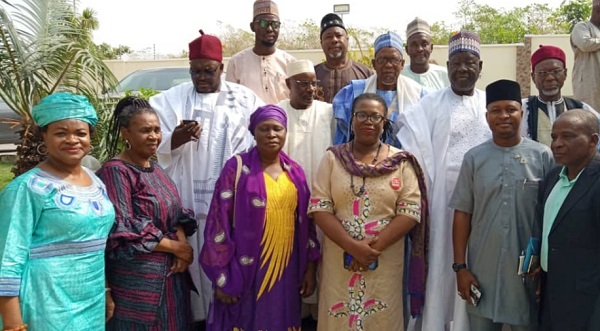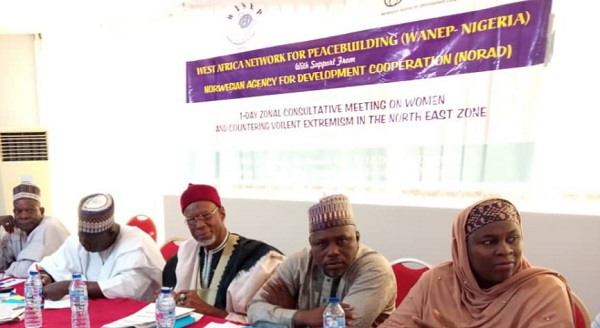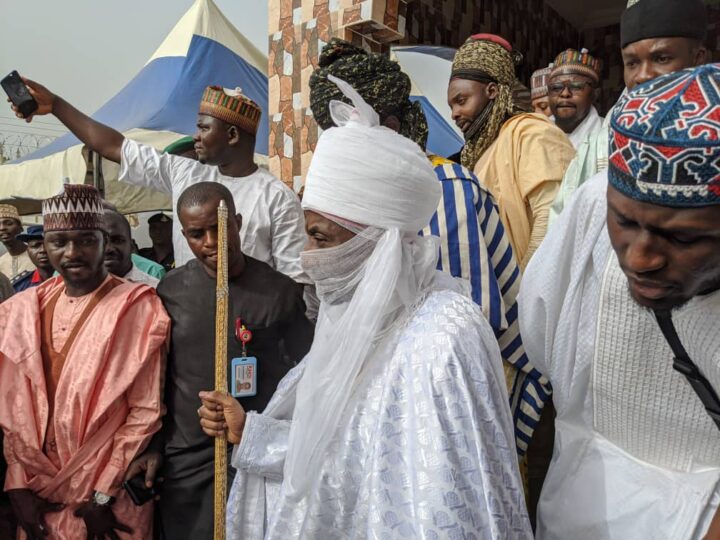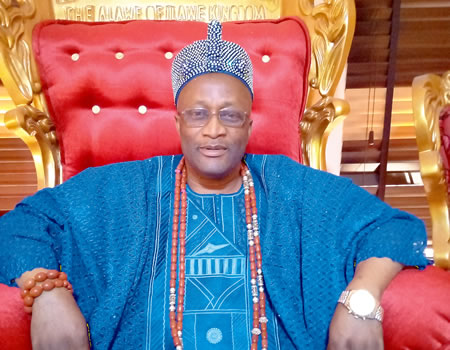Bridget Osakwe, national coordinator, West Africa Network for Peacebuilding (WANEP), say women and girls bear most of the brunt of violence, yet are excluded in the peace-building and conflict resolution processes.
Osakwe said this during a consultative meeting on countering violent extremism in the north-east organised by WANEP in conjunction with The Norwegian Agency for Development and Cooperation (NORAD).
She said in the north-east geo-political zone, violent extremism has increased.
“Since the inception of this Islamic extremist group in 1995, it has continued to intensify attacks in the North-Eastern States and other parts of Nigeria. Over 40,000 Nigerians have been killed in more than 2,300 incidents reflecting a wide range of ethnic, religious, political and economic tensions across large portions of the country,” she said.
Advertisement
“This accounts for almost 40% of the total deaths more than any other source of social violence in the country.”
Patricia Donli, a consultant, lamented that some children in the north-east have been exposed to violence. She said the lack of implementation of relevant laws that protect the rights of children has given rise to varying degrees of abuses.

“Rape cases are on the increase in the north-east. We have four cases in Maiduguri, IDPs alone last week. Just recently two sisters were raped by a teacher, a little boy was nailed on his head. General hospitals smell so bad because of girls suffering from VVF due to child marriage,” Donli said.
Advertisement
She expressed concern that 11 northern states are yet to domesticate the Child Rights Act (CRA) enacted in 2003 and the VAPP Act and even in states which have, implementations have been very slow “due to lack of coordination among actors and political will from government”.
Donli urged states government not to see these policies as acts that promote child rights but see it as policies that will he used to protect their children and place priority on them.
She also called for increased awareness on the law among the populace.
She also highlighted a lack of planned budget as a constraint in the domestication and implementation of the law.
Advertisement
Patience Obaulo, head of programmes, WANEP, said the project seeks to promote women’s participation in countering violent extremism and advance the implementation of Nigeria National Action Plan in north-east Nigeria.
Add a comment






